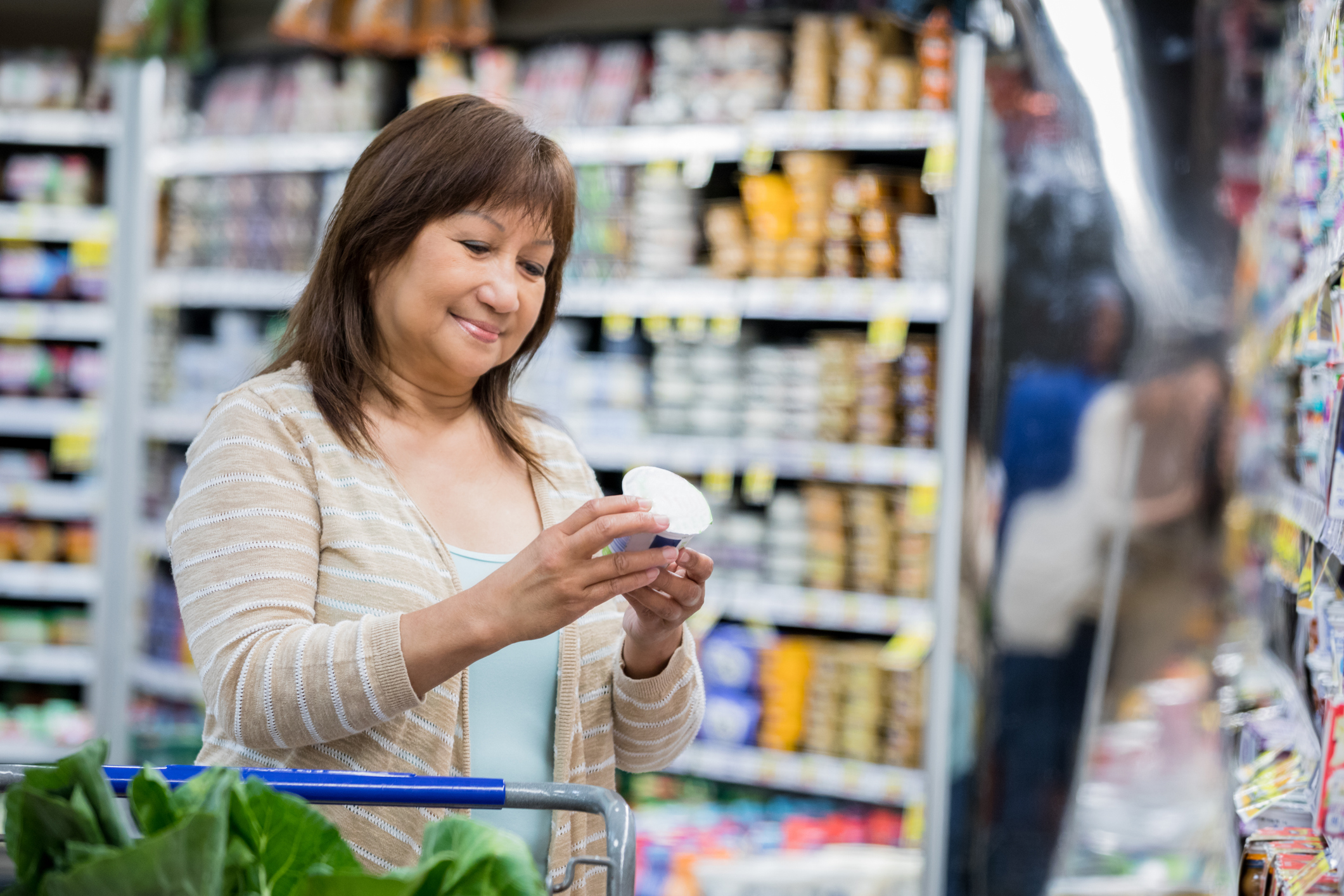Get Easy Health Digest™ in your inbox and don’t miss a thing when you subscribe today. Plus, get the free bonus report, Mother Nature’s Tips, Tricks and Remedies for Cholesterol, Blood Pressure & Blood Sugar as my way of saying welcome to the community!
The hidden sweetener tied to IBS, sepsis and insulin resistance

Remember when the artificial sweetener aspartame appeared on the market?
Aspartame was touted as both sweeter and safer than saccharine, which was a possible carcinogen. But it didn’t take long for scientists to link aspartame to cancer as well as to anxiety.
And unbelievably, aspartame actually makes your body store more belly fat.
Every time a new sweetener comes on the market, it’s hundreds of times sweeter than the previous one. That’s to convince you to try it and get hooked on it.
But any artificial sweetener you can name turns healthy gut bacteria rogue, making you a sitting duck for disease and deadly infections.
Now the next generation of sweeteners is here. But proceed with caution. This one is not only toxic, you may never even know it’s there…
Neotame: a clear and present danger to your gut
A study at Anglia Ruskin University in England found that neotame attacks the human gut in a one-two punch.
“Our studies indicate that neotame causes an increase in stress signaling in our human cells which reduces the amount of junctions that hold our cells together in a tight barrier,” Havovi Chichger, PhD, BSC, associate professor in biomedical science at Anglia Ruskin University, said in an interview with Medical News Today.
Weakening the gut barrier causes the leaking of materials from the gut into the blood. This describes a condition known as leaky gut.
The damage to the gut can lead to irritable bowel syndrome (IBS), and because the gut lining becomes permeable, bad bacteria can move into the bloodstream and lead to sepsis.
Not only that, but the disruption it causes in the microbiome could lead to metabolic disease including insulin resistance.
Shockingly, Dr. Chichger stressed that even in concentrations 10 times lower than the acceptable daily intake her team saw the breakdown of the gut barrier and bacteria shift to damaging behavior.
This new research into neotame builds on previous work by Dr. Chichger which discovered that saccharin, sucralose, and aspartame could cause similar damage in the gut.
Quick and disturbing facts and safer alternatives
You’re probably pretty convinced this sweetener is something you should avoid. But it may not be so easy.
It is sold under the brand name Newtame®. But since it is about 8,000 times sweeter than sugar, such a small amount is used in products that it may not be required to be listed on ingredient labels.
Here are more quick facts about Neotame that may help you…
- It’s found in sugar-free drinks and chewing gum as well as some foods, including yogurts and especially baked goods. It’s also used as a table-top sweetener for hot drinks, like coffee and tea.
- Neotame enhances or extends the sweetening and flavoring properties of some flavors, especially mint — so steer clear of mint-flavored gums, lozenges or candies.
- It often has a mild aftertaste similar to licorice.
- To avoid it, you need to avoid anything advertised as sugar-free.
- Monsanto (yes, that Monsanto!) was behind the discovery and development of neotame.
Instead of reaching for artificial sweeteners that are devoid of nutrition and directly cause damage to your body, lean towards naturally healthier choices…
Stevia. Not only is this plant-derived sweetener 200 times sweeter than sugar (so you don’t need much), it also has been shown to benefit obesity, diabetes, hypertension and high cholesterol — all conditions associated with metabolic syndrome. It’s considered safe for diabetics. Just read your label to be sure the brand you buy contains no added erythritol.
Raw honey is honey that’s been taken from the hive, strained to remove beeswax, then bottled and sold. It hasn’t been pasteurized or processed, so it still has all its natural vitamins, enzymes and phytonutrients.
Yacon syrup is derived from a root vegetable similar to a sweet potato. It’s considered good for people with diabetes because is contains fructooligosaccharides (FOS) — a type of starch (inulin) that isn’t digested, so it shouldn’t raise blood sugar. However, people who are on a FODMAP diet should avoid it. It may also cause upset stomach, gas and nausea in some.
Coconut palm sugar has a low glycemic index but should be treated like sugar because it contains the same amount of calories and carbs.
Blackstrap molasses. Perhaps the most nutritious sugar substitute of all, organic blackstrap molasses is rich in copper, calcium, iron, potassium, manganese, selenium, and vitamin B6. It is low glycemic but people with diabetes should only use in moderation. Make your own brown sugar substitute for baking by using 2 tablespoons for each ½ cup of coconut sugar in a food processor.
Bananas, figs, dates, raisins and no-sugar added apple sauce are also great ways to naturally sweeten a recipe, get a little extra fiber and plant nutrition.
Editor’s note: Are you feeling unusually tired? You may think this is normal aging, but the problem could be your master hormone. When it’s not working, your risk of age-related diseases skyrockets. To reset what many call “the trigger for all disease” and live better, longer, click here to discover The Insulin Factor: How to Repair Your Body’s Master Controller and Conquer Chronic Disease!
Sources:
Artificial sweetener has potential to damage gut — Eureka Alert
The artificial sweetener neotame negatively regulates the intestinal epithelium directly through T1R3-signaling and indirectly through pathogenic changes to model gut bacteria — Frontiers in Nutrition
Artificial sweetener neotame may have potential to damage gut, lead to IBS — Medical News Today














